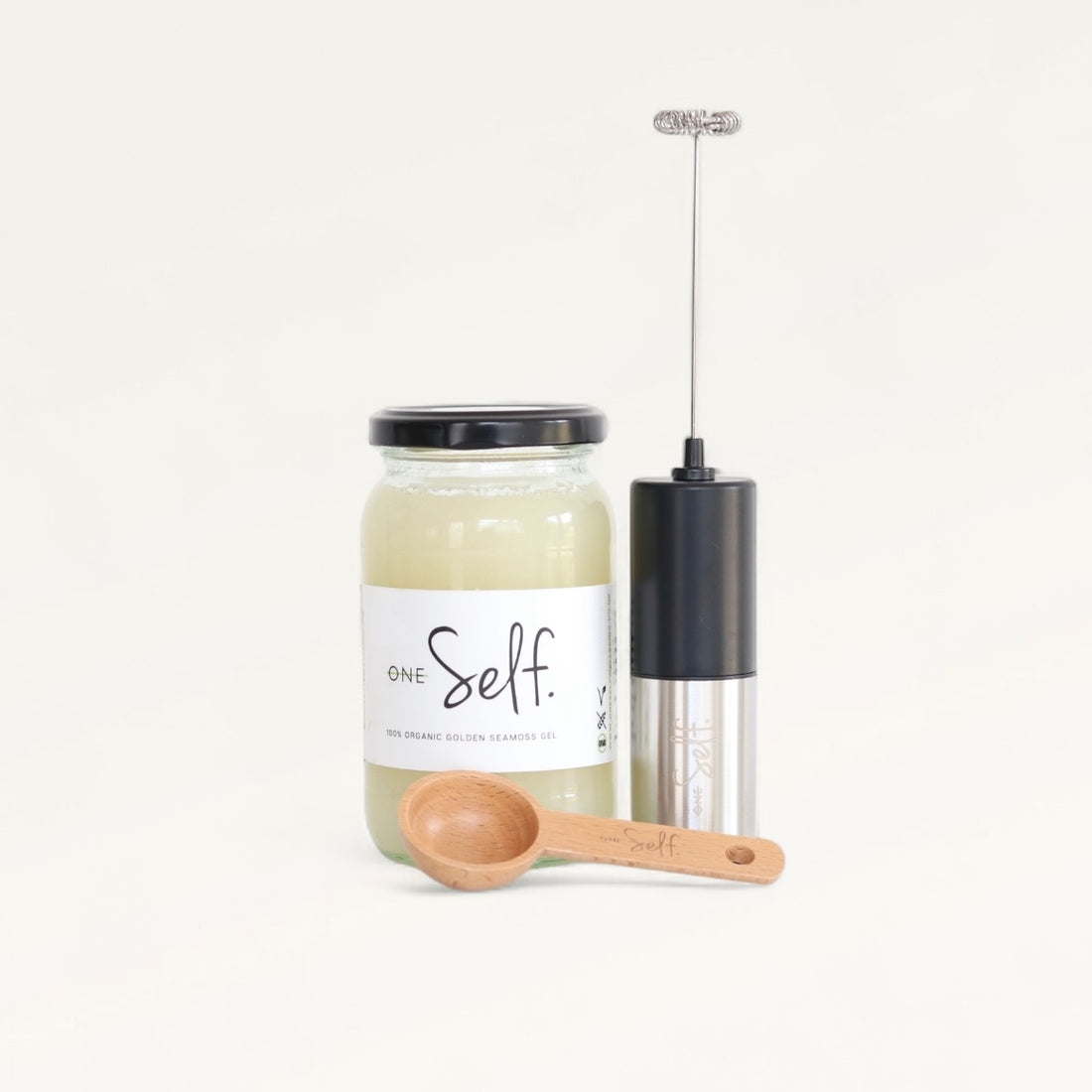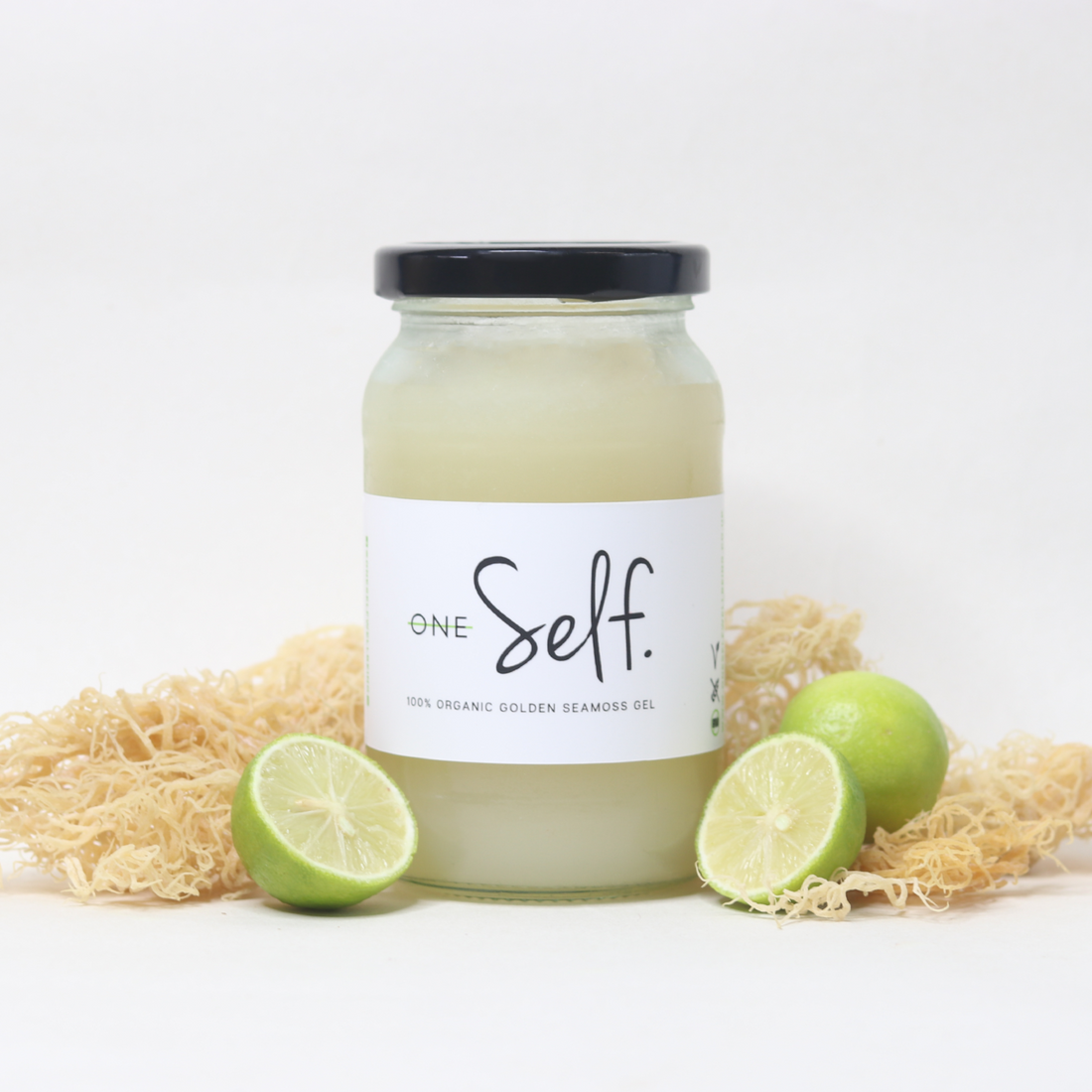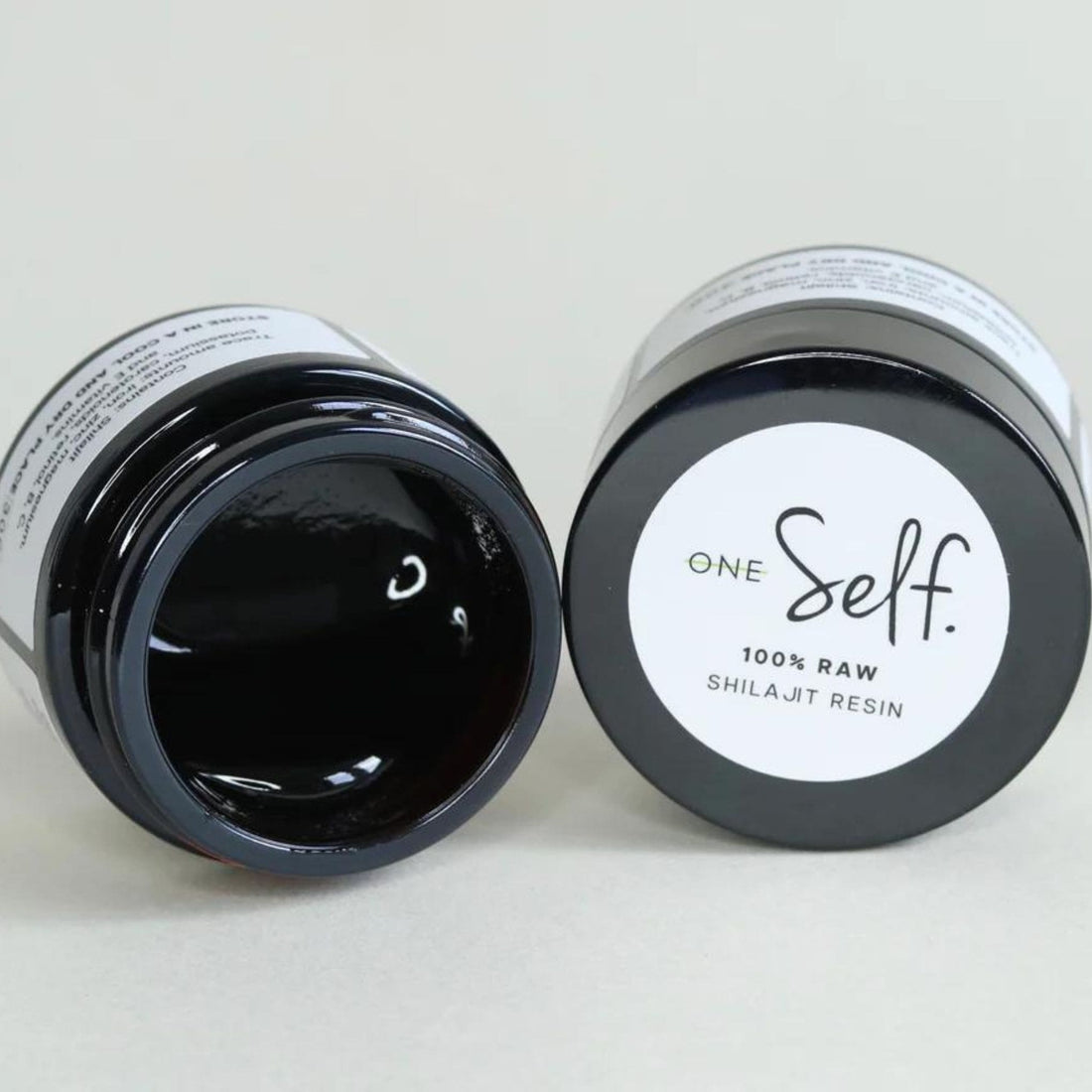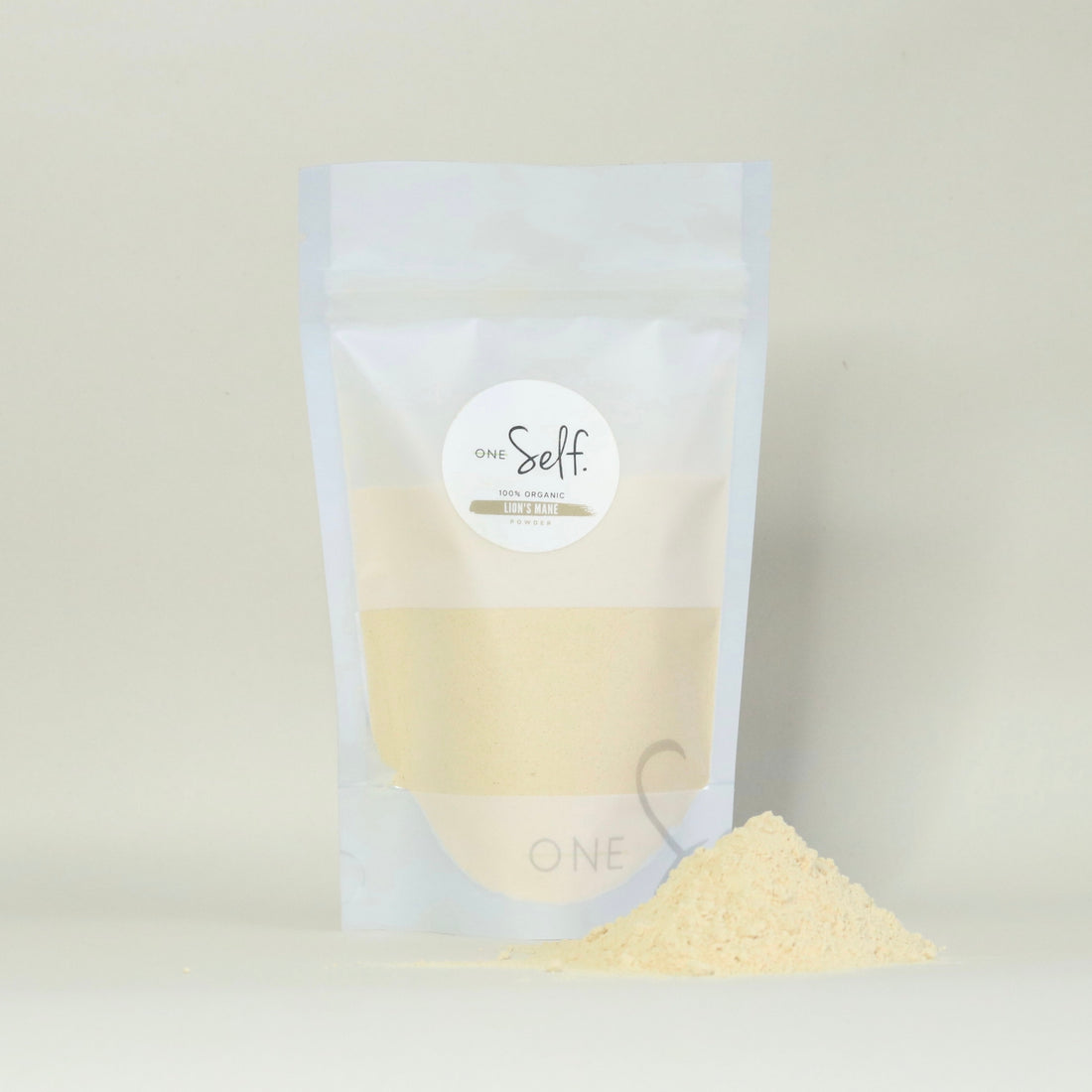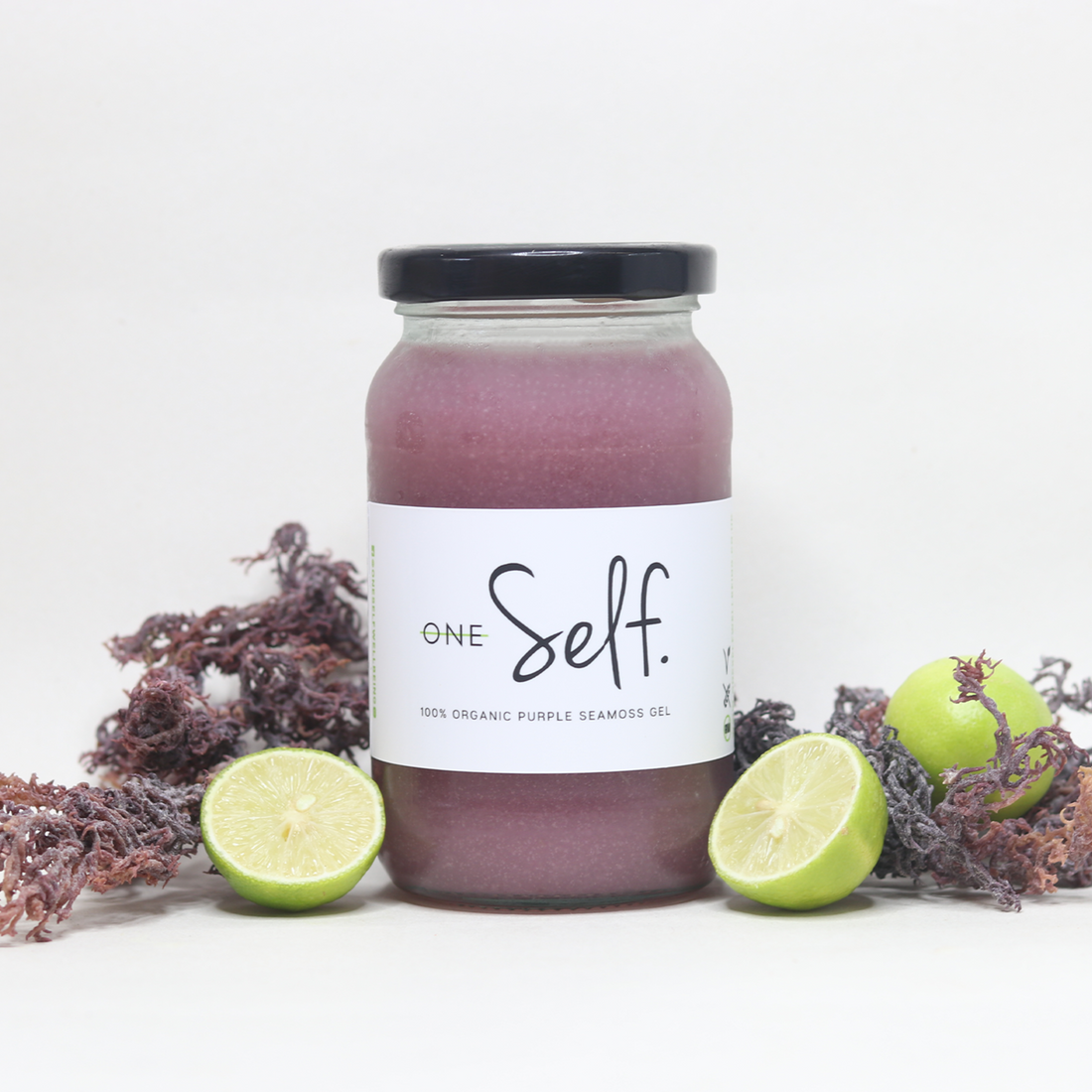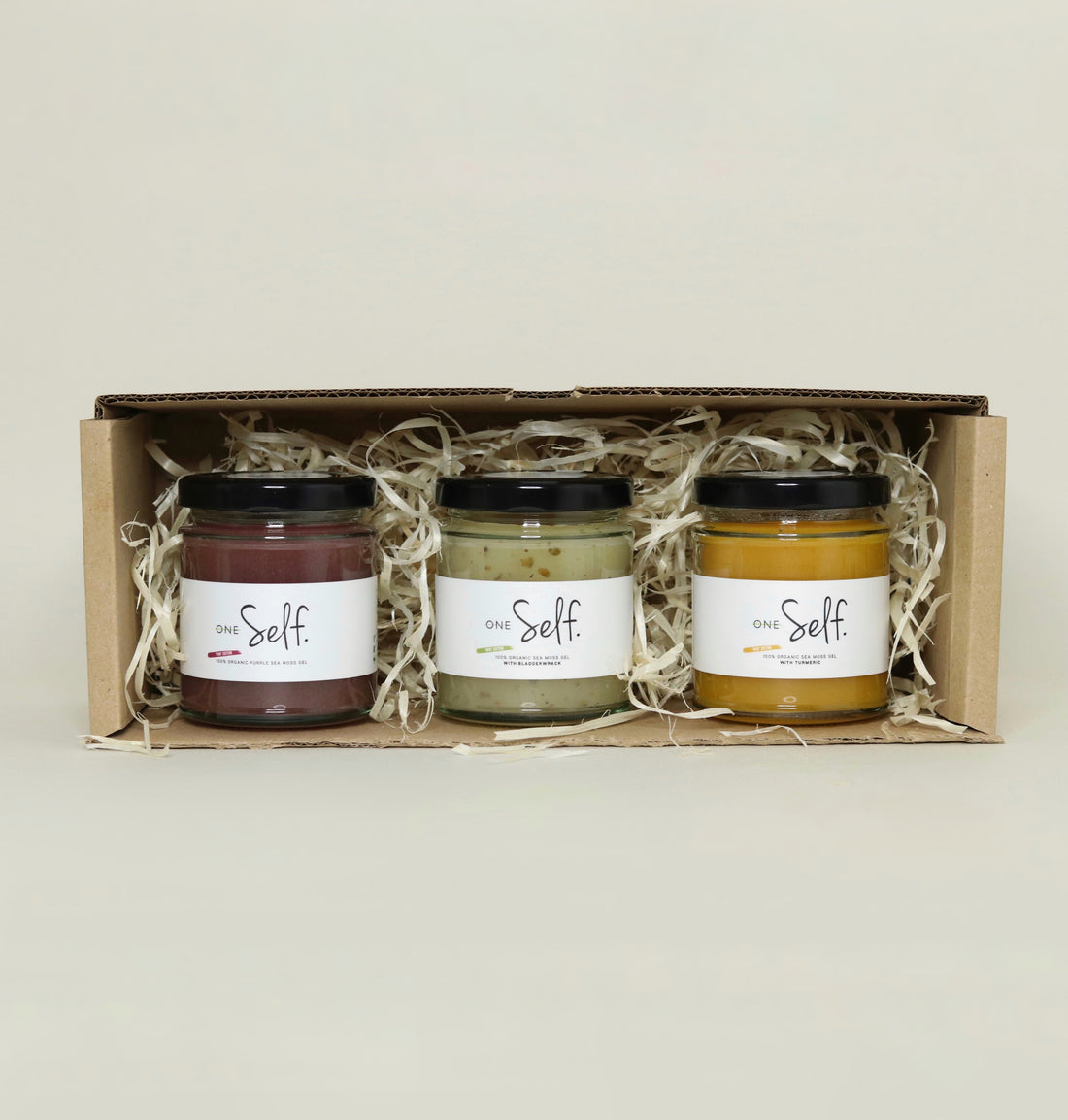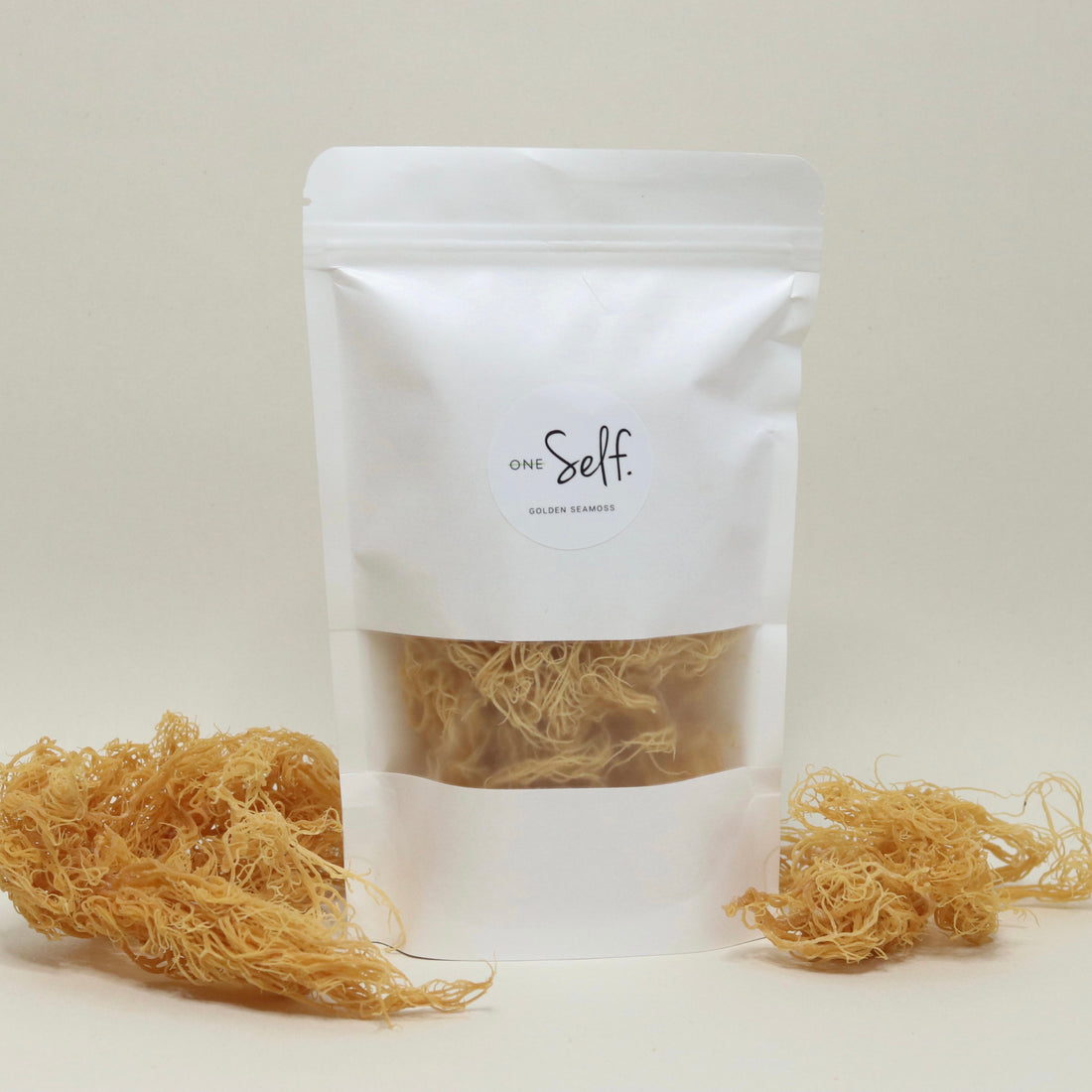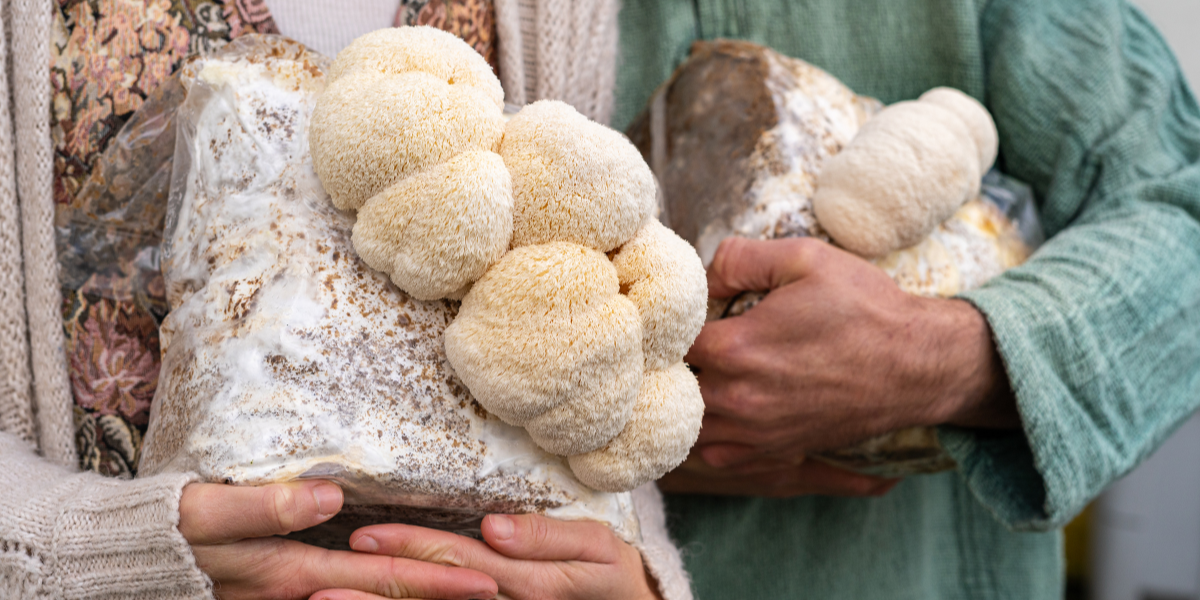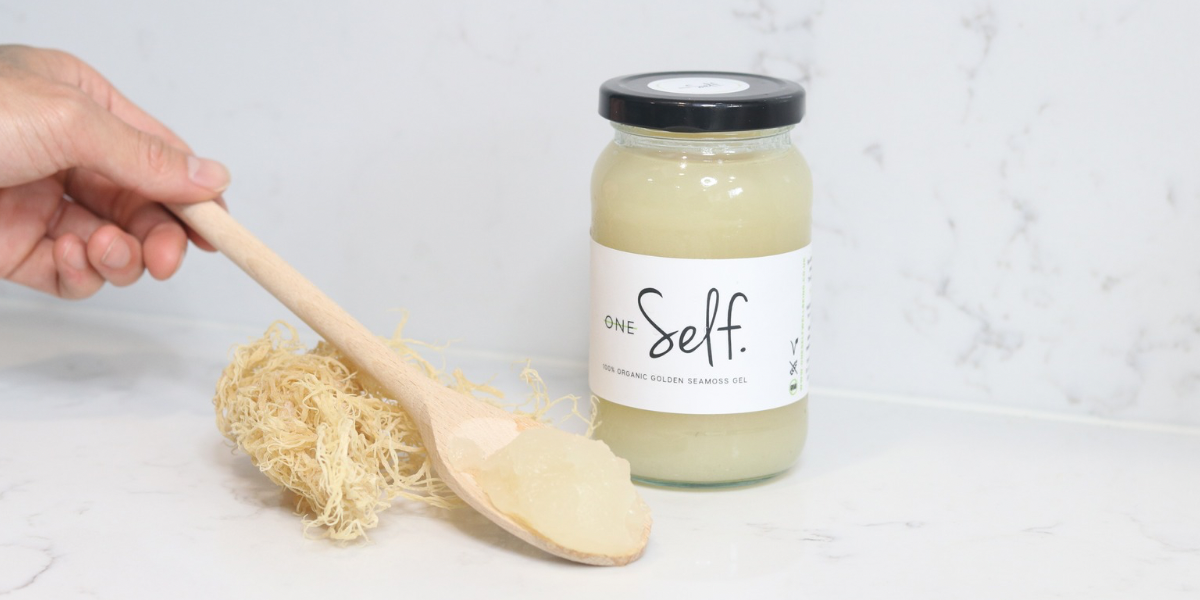6 minute read
Our fast-paced, unpredictable world means that maintaining good mental health is more crucial than ever. Therapy, self-care practices, and lifestyle are integral parts of the puzzle, but did you know that nutrients, vitamins and minerals in certain superfoods can be the missing piece to your mental well-being?
These nutritional powerhouses are packed with vitamins, minerals, and antioxidants that can nourish your brain and positively impact your mood, cognition, and overall mental health.
Of course, mental health is a serious condition, and you should always consult your doctor, but with the right approach, these superfood supplements can go a long way to giving you that extra loving boost.
Let's take a deeper look at why our top go-to’s work so well for our mental wellbeing.
Maca for mind-body balance
Maca is a butterscotch-tasting root vegetable brimming with a unique brain-health compound. Maca root is sourced from high up in the crisp atmosphere of the Andes Mountains, and It belongs to a unique category of superfoods called adaptogens, which support the body in managing our responses to day to day stress (like angry customers, broken computers, or failed plans.)
This stress balancing effect of maca nurtures a sense of calm, making it a balancing, nurturing presence if you’re dealing with anxiety or depression.
The way we feel and experience the world isn’t as random as it may seem. Did you know that vitamin deficiencies have been shown to contribute to some symptoms of depression and anxiety (1)?
Maca is rich in some of these vitamins; B1, B2, C, and essential minerals like calcium, magnesium, and zinc, all support our basic brain function.
These vitamins are double-hit; they also go towards helping neurotransmitter synthesis (how our brains pass messages like “we’re feeling good” on to our body), and producing mood-regulating chemicals.
By supporting these foundations of our minds, maca aids cognitive function, stabilizes mood, and enhances overall mental well-being.
But wait, all of our favorite superfoods are bursting with brain-nutrition, what makes maca stand out? Macamides!
Macamides are unique to maca and are considered potent neuro-protective compounds that support your brain, and protect from oxidative stress and inflammation,
Lion’s mane for brain health
Maca is not the only superfood that contains unique mental-health supporting compounds.
Lion’s mane mushroom has the odd ability to stimulate the growth of new neurons in your brain!
Through a complex cascade of compounds, lion’s mane encourages your body to produce more nerve growth factor, which in turn, does what it says on the tin -triggers neuron growth (2)!
Neurons are the bridges that send chemical messages around our brain to our body, and neuron dysfunction has been linked with anxiety, depression, and other mental health disorders.
They’re important to look after!
Just as its name suggests, lion’s mane also contains antioxidants, anti-inflammatories, and an abundance of other golden nutrients that we need to give our minds the strength of a lion!
Lion's Mane is also shown to have mood-regulating effects. Research suggests that Lion's Mane may influence neurotransmitter pathways, including serotonin and dopamine, which play significant roles in mood regulation.
Chaga tea for stress support
Both of the herbs we’ve met so far have been adaptogens -chaga is no different!
Adaptogens are an effective, yet gentle way into natural mental-health support.
Let’s have a deeper look at how adaptogen’s work, and exactly what makes chaga a beneficial mental-health adaptogen.
Adaptogens work by regulating your stress response which mainly happens in your hypothalamic-pituitary-adrenal (HPA) axis -a complex dance of glands and hormones.
When the hormones in your HPA axis are regulated; stress levels are reduced, inflammation is reduced, and a sense of calm and relaxation eventually follow.
How does our HPA axis get dysregulated in the first place?
A dysregulated HPA axis has been linked to mood disorders and common mental health issues (3).
Chaga also has the added benefit of neuroprotective antioxidants and anti-inflammatory properties that support anxiety and general cognition.
Conclusion
All in all, if you’re looking for a tasty, natural way to support your mental-health, adaptogens are the way to go!
If you’re dealing with mild mental health issues, why not try making maca into your sweet-tasting, nourishing ritual? Or adding malty lion’s mane into your healthy smoothie? Or, for a heart-warming cocoa alternative, why not brew up an earthy chaga tea?
Resources
- Rocha, A. dos S., Teixeira, C.S.S., Coelho, C.G., Alves, F.J.O. and Machado, D.B. (2021). The relationship between nutritional deficiencies and mental health. Rev. chil. nutr. [online] Available at: https://pesquisa.bvsalud.org/portal/resource/pt/biblio-1388455 [Accessed 22 Jun. 2023].
- Wong, K.-H., Naidu, M., David, R.P., Bakar, R. and Sabaratnam, V. (2012). Neuroregenerative Potential of Lion’s Mane Mushroom, Hericium erinaceus (Bull.: Fr.) Pers. (Higher Basidiomycetes), in the Treatment of Peripheral Nerve Injury (Review). International Journal of Medicinal Mushrooms, 14(5), pp.427–446. doi:https://doi.org/10.1615/intjmedmushr.v14.i5.10.
- Watson, S. and Mackin, P. (2006). HPA axis function in mood disorders. Psychiatry, 5(5), pp.166–170. doi:https://doi.org/10.1383/psyt.2006.5.5.166.




